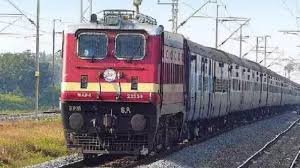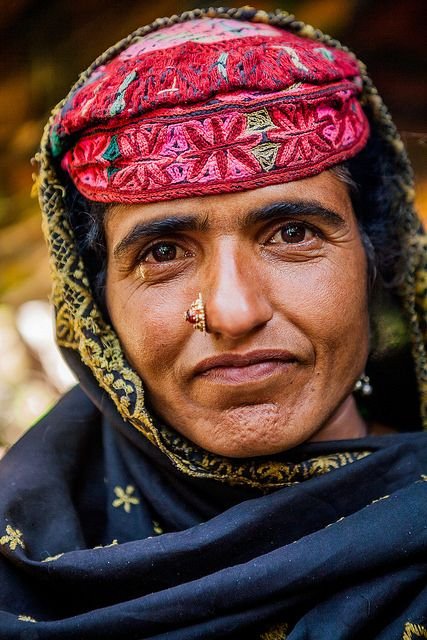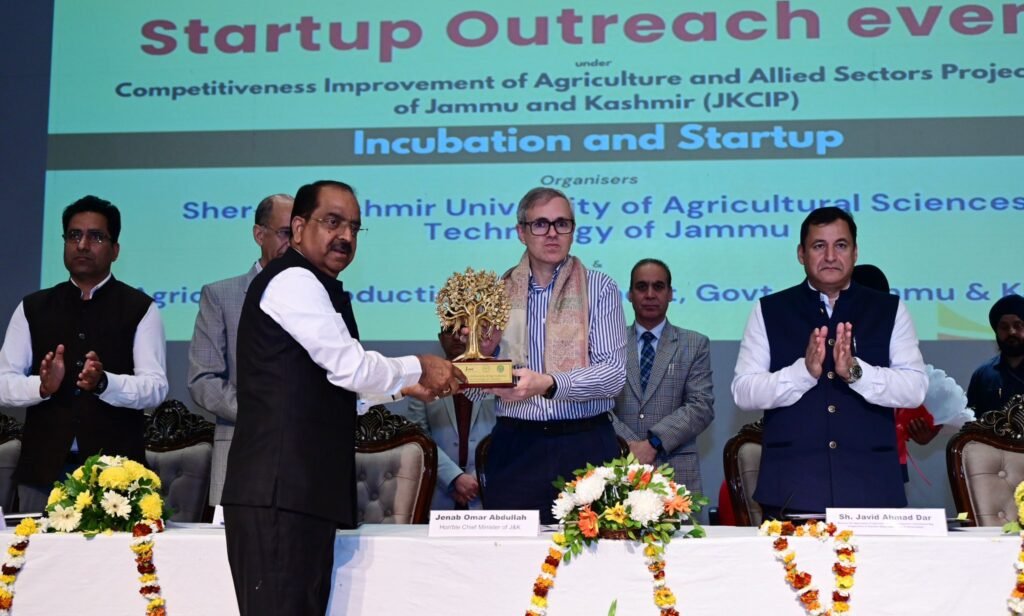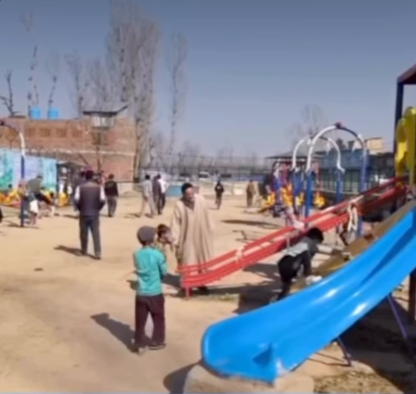New Delhi, September 4, 2025 – In a significant boost to infrastructure development in the region, the Union government has approved the construction of a new 40-kilometer broad-gauge rail line between Baramulla and Uri, along with the doubling of the existing 74-kilometer Qazigund to Badgam line. These projects aim to improve train connectivity, promote tourism, and strengthen strategic defence capabilities in Jammu and Kashmir.The approvals were granted during the 99th meeting of the Network Planning Group (NPG), convened under the Ministry of Commerce and Industry on September 3, 2025. The initiatives come shortly after the full operationalization of the Udhampur-Srinagar-Baramulla Rail Link (USBRL) project in June 2025, which has already integrated the Kashmir Valley with the national railway network.
Key Details of the Approved Projects1. Baramulla-Uri New Rail Line
- Length: 40 km
- Objective: To provide all-weather, reliable rail connectivity to the border town of Uri, located near the Line of Control (LoC) at Kaman Post. Currently, road travel to Uri is frequently disrupted due to harsh weather conditions in the region.
- Strategic Importance: The line will facilitate faster movement of defence personnel, logistics, and supplies to border areas, enhancing national security. Baramulla and Uri Tehsil host major Indian Army establishments, making this corridor vital for military operations.
- Economic Impact: Uri has emerged as a promising border tourism destination. The new rail link is expected to significantly boost tourism by improving access to the area, benefiting local economies through increased visitor footfall and job creation.
- Challenges: The project will require fresh land acquisition, and detailed surveys are underway to address terrain and environmental concerns.
2. Doubling of Qazigund-Badgam Line
- Length: 74 km (doubling the existing single track)
- Objective: To increase capacity on this critical section of the USBRL, allowing for more frequent passenger and freight trains. With the commissioning of the Katra-Banihal section in 2025, the entire corridor will be fully integrated with the Indian Railways network.
- Strategic Importance: The doubled line will enable seamless movement of military special trains, carrying Army personnel, equipment, and supplies, further solidifying the region’s defence logistics.
- Economic Potential: The enhancement is projected to unlock huge opportunities for passenger traffic and freight movement, including goods like grains and petroleum products. This will support economic growth by reducing travel times and improving reliability.
The Ministry of Railways highlighted that these projects align with the government’s broader vision of expanding rail infrastructure in challenging terrains, similar to the engineering feats in the USBRL, such as the world’s highest Chenab Bridge and the Pir Panjal Tunnel.
Broader Context and Future Implications
The USBRL project, spanning 272 km and costing over ₹28,000 crore, was completed after nearly three decades of construction, marked by phases inaugurated since 2005. Prime Minister Narendra Modi flagged off the first Jammu-Baramulla train in June 2025, including the Vande Bharat Express, reducing travel time between Jammu and Srinagar from seven hours to three hours.These new approvals build on that momentum, addressing capacity constraints and extending connectivity to underserved areas. Officials noted that the projects will not only enhance civilian mobility but also promote religious tourism to sites like the Vaishno Devi shrine and Amarnath, while fostering trade and reducing dependency on roads prone to landslides and closures.In addition to these J&K initiatives, the NPG cleared two capacity expansion projects in Punjab and Haryana: a third line between Ludhiana and Jalandhar Cantt, and a fourth line between Ambala Cantt and Sahnewal.
These will improve freight and passenger movement in the northern plains.The government has emphasized sustainable development, with environmental clearances and community consultations to be prioritized during implementation. Estimated timelines and costs for the J&K projects are yet to be finalized, but surveys are expected to commence soon.











